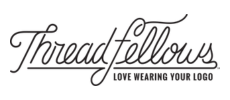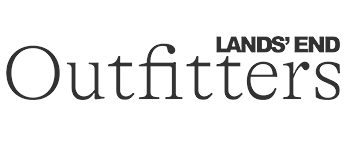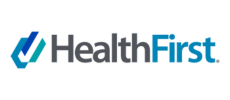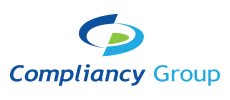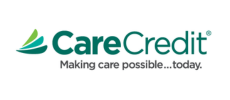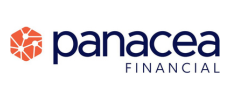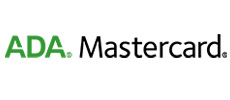FDA Approves First Nasal Spray to Treat Anaphylaxis
Per the notice below, the United States Food and Drug Administration (FDA) has approved the first nasal spray to treat anaphylaxis.
FDA Approves First Nasal Spray for Treatment of Anaphylaxis
Today, the U.S. Food and Drug Administration approved neffy (epinephrine nasal spray) for the emergency treatment of allergic reactions (Type I), including those that are life-threatening (anaphylaxis), in adult and pediatric patients who weigh at least 30 kilograms (about 66 pounds).
“Today’s approval provides the first epinephrine product for the treatment of anaphylaxis that is not administered by injection. Anaphylaxis is life-threatening and some people, particularly children, may delay or avoid treatment due to fear of injections,” said Kelly Stone, MD, PhD, Associate Director of the Division of Pulmonology, Allergy and Critical Care in the FDA’s Center for Drug Evaluation and Research. “The availability of epinephrine nasal spray may reduce barriers to rapid treatment of anaphylaxis. As a result, neffy provides an important treatment option and addresses an unmet need.”
Allergic reactions happen when a person’s immune system reacts abnormally to a substance that normally does not cause symptoms. Anaphylaxis is a severe, life-threatening allergic reaction that typically involves multiple parts of the body and is considered a medical emergency. Common allergens that can induce anaphylaxis include certain foods, medications, and insect stings. Symptoms usually occur within minutes of exposure and include, but are not limited to, hives, swelling, itching, vomiting, difficulty breathing, and loss of consciousness. Epinephrine is the only life-saving treatment for anaphylaxis and has previously only been available for patients as an injection.
Neffy’s approval is based on four studies in 175 healthy adults, without anaphylaxis, that measured the epinephrine concentrations in the blood following administration of neffy or approved epinephrine injection products. Results from these studies showed comparable epinephrine blood concentrations between neffy and approved epinephrine injection products. Neffy also demonstrated similar increases in blood pressure and heart rate as epinephrine injection products, two critical effects of epinephrine in the treatment of anaphylaxis. A study of neffy in children weighing more than 66 pounds showed that epinephrine concentrations in children were similar to adults who received neffy. Neffy is a single dose nasal spray administered into one nostril. As with epinephrine injection products, a second dose (using a new nasal spray to administer neffy in the same nostril) may be given if there is no improvement in symptoms or symptoms worsen. Patients may need to seek emergency medical assistance for close monitoring of the anaphylactic episode and in the event further treatment is required. Neffy comes with a warning that certain nasal conditions, such as nasal polyps or a history of nasal surgery, may affect absorption of neffy, and patients with these conditions should consult with a health care professional to consider use of an injectable epinephrine product. Neffy also comes with warnings and precautions about use of epinephrine by people with certain coexisting conditions and allergic reactions associated with sulfite. The most common side effects of neffy include throat irritation, tingling nose (intranasal paresthesia), headache, nasal discomfort, feeling jittery, tingling sensation (paresthesia), fatigue, tremor, runny nose (rhinorrhea), itchiness inside the nose (nasal pruritus), sneezing, abdominal pain, gum (gingival) pain, numbness in the mouth (hypoesthesia oral), nasal congestion, dizziness, nausea, and vomiting.
The FDA granted neffy Fast Track designation for this application. The FDA granted the approval of neffy to ARS Pharmaceuticals.


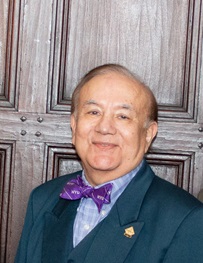
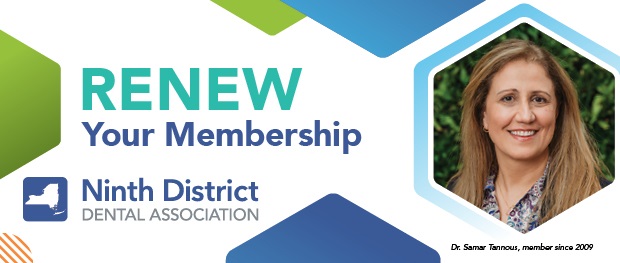
.tmb-rotator.png?Culture=en&sfvrsn=e3185440_1)
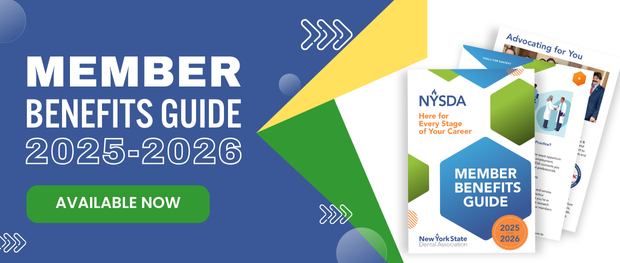




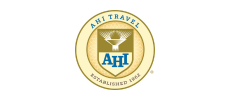
.png?sfvrsn=4447de7f_1)

